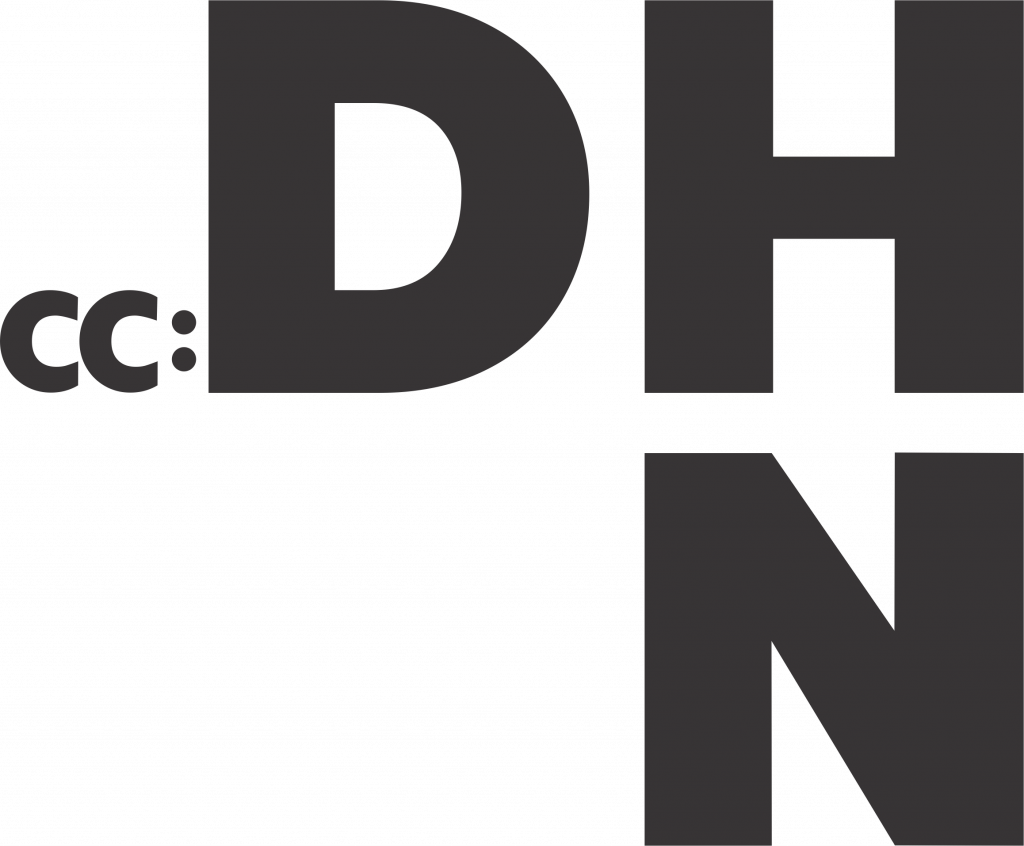
- This event has passed.
[Foundations] Fundamentals of Programming for Human(s|ists)
June 3, 2024 – June 7, 2024
This course is intended for humanities-based researchers with no programming background whatsoever who would like to understand how programs work behind the scenes by writing some simple but useful programs of their own. Over the week the emphasis will be on understanding how computer programmers think so that participants will be able to at least participate in high-level conceptual discussions in the future with more confidence. These general concepts will be reinforced and illustrated with hands-on development of simple programs that can be used to help with text-based research and analysis right away. The language used for most of the course will be Python because of its gentle syntax and powerful extensions. Using the command-line interface and regular expressions will also be emphasized. We will also spend some time taking glimpses at what is happening in the other DHSI courses to understand how reading and writing programming code goes well beyond what we touch on in this class.
This offering is co-sponsored by ACENET.
This is a hands-on course. Consider this offering in complement with, and / or to be built on by: Out-of-the-Box Text Analysis for the Digital Humanities; Geographical Information Systems in the Digital Humanities; Physical Computing and Desktop Fabrication; Data Mining for Digital Humanists; Understanding Topic Modelling; Stylometry with R: Computer-Assisted Analysis of Literary Texts; RDF and Linked Open Data; 3D Modelling for DH and Social Sciences; DH Databases; Creating LAMP Infrastructure for Digital Humanities Projects; XPath for Processing XML and Managing Projects; Information Security for Digital Researchers; and more!
